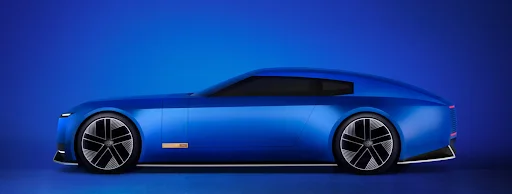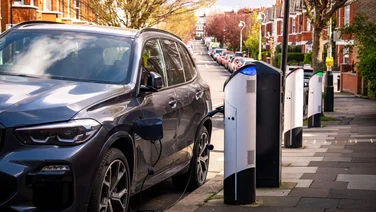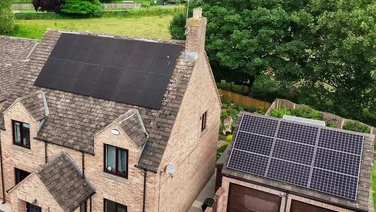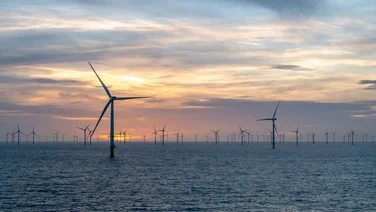We receive a small fee from trusted installers when you request a quote through our site. This helps us keep our content independent, well-researched and up to date – Learn more
- Jaguar Land Rover is cutting 500 of its 33,000 UK workforce
- The new electric Range Rover has been delayed until 2026
- Jaguar is facing criticism over its new electric car design

Car manufacturer Jaguar Land Rover (JLR) has delayed the launch of one of its flagship models, an electric Range Rover, following an announcement that it would be cutting 500 jobs in the UK.
The delay comes amid rising trade tariffs and a slump in sales, and is reportedly being put down to a lower than expected demand for electric vehicles (EVs). In the first six months of 2025, electric car sales rose by a third in the UK, but are below government targets.
A shipment of all Range Rover models to the US were temporarily halted after Donald Trump raised import tariffs on cars to 27.5% in April. They resumed after a partial reduction for UK-made vehicles.
It is yet another set-back after holding company JLR delayed the much anticipated launch until 2026, although their website initially advertised to customers who expressed interest in purchasing the model that it would be available to order in 2025. It has since been updated.
A JLR spokesman said that by 2030, JLR will sell electric versions of all its luxury brands.
“Our plans and vehicle architectures are flexible so we can adapt to different market and client demands,” the spokesman said.
“We are committed to the highest standards of design, capability and quality, and we will launch our new models at the right time for our clients, our business and individual markets.”
JLR is owned by multinational conglomerate Tata. A subsidiary of Tata, JLR’s Indian owner, is currently building a gigafactory in Somerset, which will provide batteries for electric Land Rovers cars. Construction began in 2024 and is expected to finish in 2026. The factory will have a 40GWh capacity and could generate up to 40% of the UK’s EV battery needs by early 2030.
The relaunch of the Jaguar brand itself is also facing issues, with JLR reportedly stalling production of its revamped electric Jaguars due to a controversial rebranding. A pink concept car had critics condemning the company for ditching the marque’s heritage – the iconic big cat logo – and calling them “too woke”. The new production vehicle, which has not yet been unveiled, will allegedly go into production in August 2026. Currently, Jaguar has stopped production of all its cars ahead of this reset.
The response from Adrian Mardell, chief, Jaguar, was that the brand is in need of reinvention if it’s to survive, and he dismissed any criticism.
JLR is seeing some success however, with the new Range Rover set to be the first fully electric Land Rover vehicle, the first in an electric relaunch.
The EV doesn’t yet have a confirmed price, but is rumoured to cost around £170,000 and sticking close to the design of original Range Rover models, unlike Jaguar. With demonstrations of the car to motoring reviews last week, 62,000 people are on the waiting list to buy it.
However, it comes after the announcement on Thursday that JLR is cutting 500 jobs in the UK. Around 1.5% of its 33,000 strong UK workforce would be affected by the job cuts. JLR said it would offer its managers voluntary redundancy, calling it “part of normal business practice”.
Prime minister Sir Keir Starmer, who promised to protect JLR jobs as part of a US trade deal, has faced a damaging blow as a consequence. Andrew Griffith, shadow business secretary, called the news a “personal embarrassment.”









